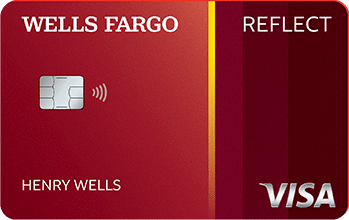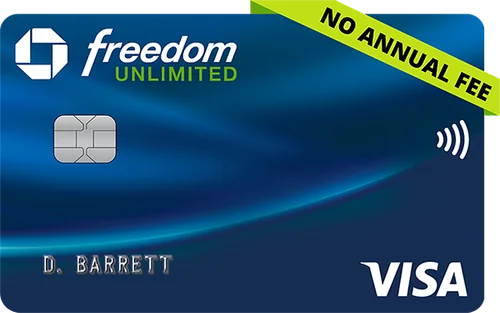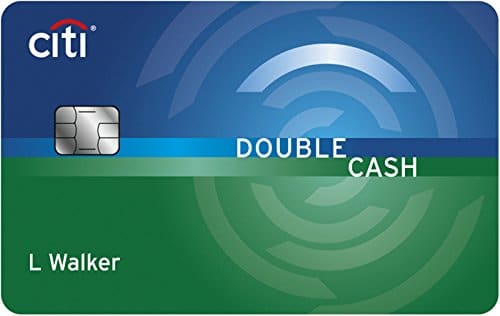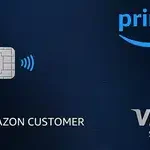Methodology for Selecting the Best Rewards Credit Cards
There isn’t a one-size-fits-all rewards credit card, as the best option depends on individual spending habits and financial goals. To identify top-performing cards for different needs, we analyzed over 200 credit card offers based on several key factors, including:
- Annual fees
- Welcome bonuses
- Ongoing reward rates
- Reward redemption options
- Additional cardholder perks
Each card was evaluated both as an individual product and in comparison to others within the same category. As a result, ratings may vary depending on whether the focus is on its overall features or its performance in specific scenarios, like travel rewards or cashback programs.
This list of recommended rewards cards is reviewed and updated at least once every 12 months. However, significant changes—such as updates to terms, benefits, or the launch of a new product—may prompt a sooner review to ensure accuracy and relevance.
How Do Credit Card Rewards Work?
- Making a Purchase: Every time a credit card is used to buy goods or services, a transaction fee is involved. This fee is generally paid by the merchant and often factored into the overall price of what you’re purchasing.
- Earning Rewards: To encourage card usage, credit card issuers offer rewards by returning a portion of these transaction fees to cardholders. Rewards are commonly offered as points, miles, or cashback, calculated according to the card’s earning rates.
- Receiving Rewards: Rewards usually post to your account on a monthly basis, often after your billing cycle closes. Some issuers may credit rewards more frequently, depending on the program.
- Redeeming Rewards: Once accumulated, rewards can typically be redeemed for a variety of options, such as statement credits, travel bookings (flights and hotels), gift cards, merchandise, or direct deposits.
Types of Credit Card Rewards Programs
A rewards program is an agreement between the cardholder and the credit card issuer, outlining how rewards are earned and redeemed. These terms are typically accepted during the card application process and include details such as reward rates, expiration policies, and redemption methods.
The two most common types of rewards programs include:
- Cash Back Rewards: These programs offer a percentage of your spending back as cash, which can often be applied as a statement credit, direct deposit, or check.
- Travel Rewards: Points or miles can be accumulated and redeemed for travel-related expenses like flights, hotel stays, car rentals, and more. Some programs offer transfer partners, allowing points to be converted to frequent flyer or hotel loyalty programs.
How to Choose the Best Rewards Credit Card
Key Factors to Consider
Annual Fees
An annual fee is a recurring charge just for holding a particular credit card. While some cards offer no annual fee, others with higher fees often come with better rewards rates and exclusive perks—like airport lounge access, travel insurance, or concierge services—that can make the cost worthwhile if you take advantage of them.
Welcome Bonuses
Many cards offer sign-up bonuses to attract new users. These bonuses typically reward you with a lump sum of points, miles, or cash back once you spend a certain amount within the first few months of opening the account. Some cards also include perks like waived annual fees for the first year or introductory 0% APR offers as part of the welcome package.
0% APR Offers
Some credit cards provide a promotional 0% APR period on new purchases, balance transfers, or both. These offers usually last from six months to nearly two years, allowing you to finance purchases or pay down debt without accruing interest. However, it’s important to read the terms carefully—many balance transfers carry fees, and if you carry a balance after the promotional period ends, interest may be charged retroactively with deferred interest deals.
Foreign Transaction Fees
If you travel internationally or frequently make purchases in foreign currencies, be mindful of foreign transaction fees. Many cards charge 1% to 3% of each transaction made abroad. Some travel-focused cards waive these fees entirely, making them a better option for global use.
How to Make the Most of Credit Card Rewards
To maximize the benefits of a rewards credit card, it’s important to be strategic. Here are some tips:
- Wait for a Competitive Welcome Offer: Credit card issuers occasionally offer enhanced bonuses. If you’re not in a rush, waiting for a better sign-up offer can be worth it.
- Choose Cards That Match Your Spending Habits: If you spend a lot on specific categories like dining or groceries, choose a card that offers bonus rewards in those areas. For more varied spending, a flat-rate cash back card might be more effective.
- Pool Rewards When Possible: If you have multiple cards from the same issuer, check if you can combine your points. Pooling rewards can help you reach redemption thresholds faster.
- Redeem Rewards According to Your Goals: Whether you prefer cash back, travel perks, or merchandise, make sure the card you choose has redemption options that align with your lifestyle. Flexible travel rewards may offer the best value if you’re willing to explore transfer partners and loyalty programs.
- Stay Informed: Keep track of bonus categories, expiration dates, and spending caps. Staying organized helps ensure you maximize rewards and avoid missing opportunities.
Best Ways to Use Credit Card Rewards
How you redeem your credit card rewards will depend on the type of program your card offers and your personal preferences. Some of the most popular and valuable redemption options include:
- Cash back
- Transfers to airline loyalty programs
- Transfers to hotel loyalty programs
- Booking travel through the card issuer’s travel portal
If you frequently travel, transferring points to airline or hotel partners can provide outsized value. However, if you prefer simplicity and flexibility, cash back might be the best option.
Are Credit Card Rewards Worth It?
Rewards credit cards can offer real value, especially if you regularly pay your balance in full each month to avoid interest charges. Whether you’re earning points on everyday purchases or working toward a lucrative sign-up bonus, rewards can provide a helpful financial boost.
That said, if you carry a balance and incur interest charges, the cost can quickly outweigh the benefits of any rewards you earn. The key is to use credit cards responsibly—maximize rewards without falling into debt.







